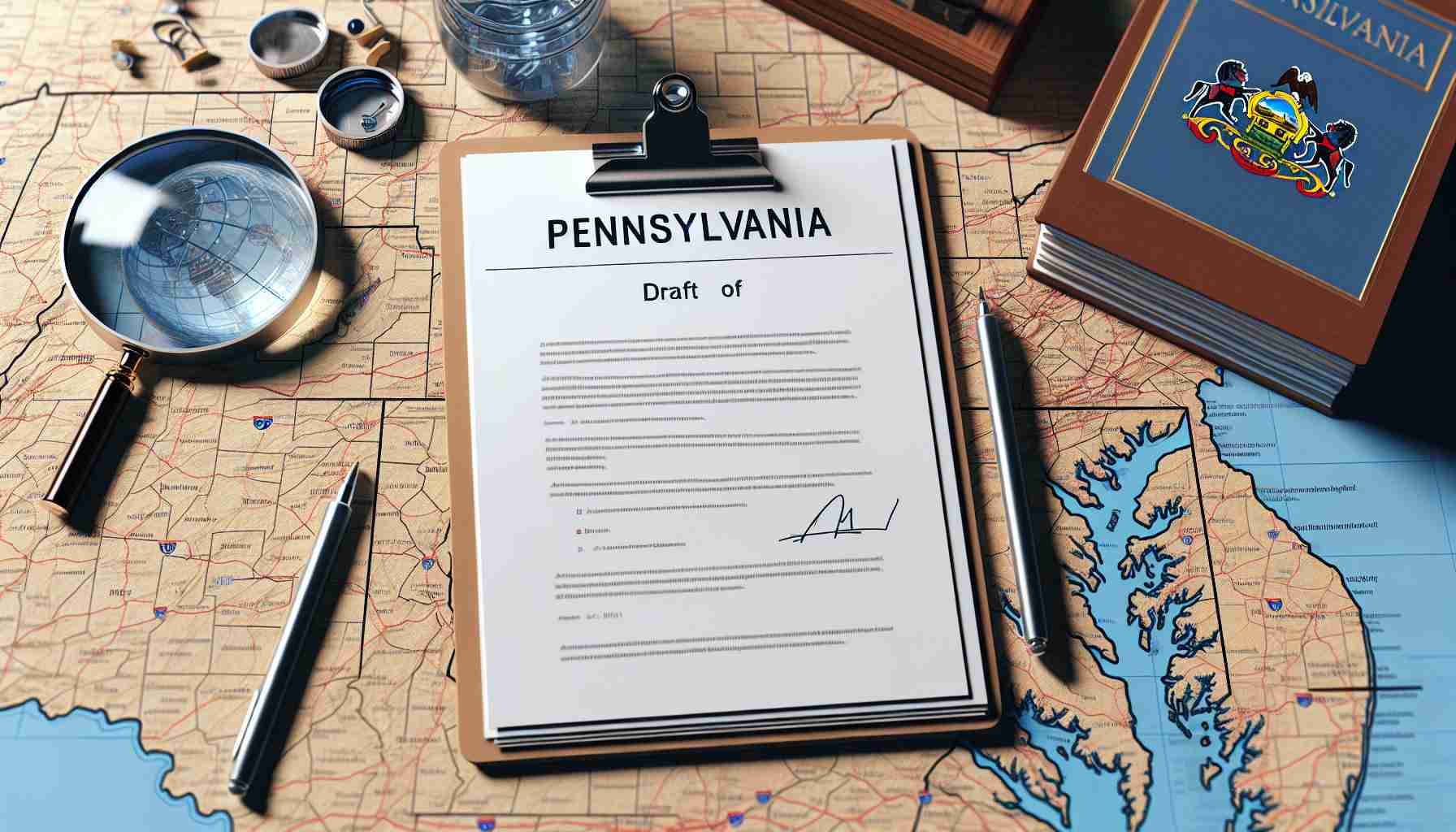Summary: The Pennsylvania House of Representatives has passed a bill requiring disclosure when content is generated by artificial intelligence. This new potential regulation aims to combat consumer deception and is driven by growing concerns over distinguishing between human- and AI-generated material. While offering consumer safeguards, this legislative move might pose compliance challenges.
The Pennsylvania House of Representatives recently passed legislation necessitating clear labeling of AI-generated text, audio, video, or images—raising the bar for transparency in digital content. The bill garnered strong support from the House, especially among Democrats, and is now proceeding to the Senate for further appraisal.
The move comes in response to the increasing difficulty in distinguishing human-crafted messages from those fabricated by sophisticated algorithms. Proponents of the bill, such as Rep. Chris Pielli, argue that consumer protection from misleading advertising and potential scams is paramount in this new technological landscape. With the boundaries between artificial and authentic content blurring, the state seeks to uphold “buyer beware” principles by keeping the public informed about the origins of the material they encounter.
Enforcement of this transparency would integrate into Pennsylvania’s established consumer protection framework. Despite these intentions, concerns have been voiced—by experts like Charles Palmer—over the practicality of enforcing such regulation in the vast digital realm. The legislation might unintentionally burden content creators who utilize AI ethically, by introducing complex new compliance measures.
Nevertheless, the bill’s advocates stress the urgency of instituting such regulations to preempt potential abuses of AI in content creation. They argue that proactive legislation is imperative to adapt to the rapid evolution of this transformative technology.
Overview of the AI-Generated Content Regulation
The Pennsylvania House of Representatives is taking a pioneering stance in the realm of digital transparency, with the recent passage of a bill focused on AI-generated content. As such content becomes increasingly difficult to differentiate from human-generated work, the legislation seeks to protect consumers from deception by ensuring they are aware of the nature of the material they are interacting with.
The AI Industry and Market Forecast
The artificial intelligence industry encompasses the development and application of algorithms and software that can perform tasks that typically require human intelligence. These tasks include visual perception, speech recognition, decision-making, and language translation. The global AI market has been experiencing rapid growth and is projected to continue on this trajectory. According to a report by Grand View Research, the global AI market size was valued at USD 93.5 billion in 2021 and is expected to expand at a compound annual growth rate (CAGR) of 38.1% from 2022 to 2030.
Key Issues in the AI Content Creation Industry
While AI presents a host of efficiency and productivity benefits, it also raises significant issues. These concerns include the potential for spreading misinformation, the proliferation of “deepfake” technology, and the ethical implications of replacing human labor with algorithms. In this context, the legislation in Pennsylvania emerges as a response to the possible negative consequences of AI in content creation, setting a precedent for other states and countries to consider similar measures.
The enforcement of transparency may bring regulatory challenges, impacting the ease of doing business and imposing compliance costs on content creators. Startups and smaller businesses may find these new regulations more burdensome compared to larger corporations that possess the resources to manage additional legal oversight. Furthermore, the global nature of the internet and digital content creation adds complexity to enforcing such laws within a specific jurisdiction like Pennsylvania.
Despite potential difficulties in implementation, the push for regulation in AI-generated content signals an acknowledgment of the technology’s impact on society and the economy. The industry, alongside legislators and consumers, will have to navigate the evolving landscape to ensure ethical usage and maintain public trust.
As the bill transitions to the Pennsylvania Senate, the wider implications for the future of content creation and artificial intelligence will continue to be contested and discussed. Should the bill become law, it may serve as a model for others looking to strike a balance between innovation and consumer protection.
To stay informed about developments in AI and related technologies, keep an eye on fundamental sources such as AI.org and MIT Technology Review, always ensuring you’re referencing up-to-date and reputable information.

